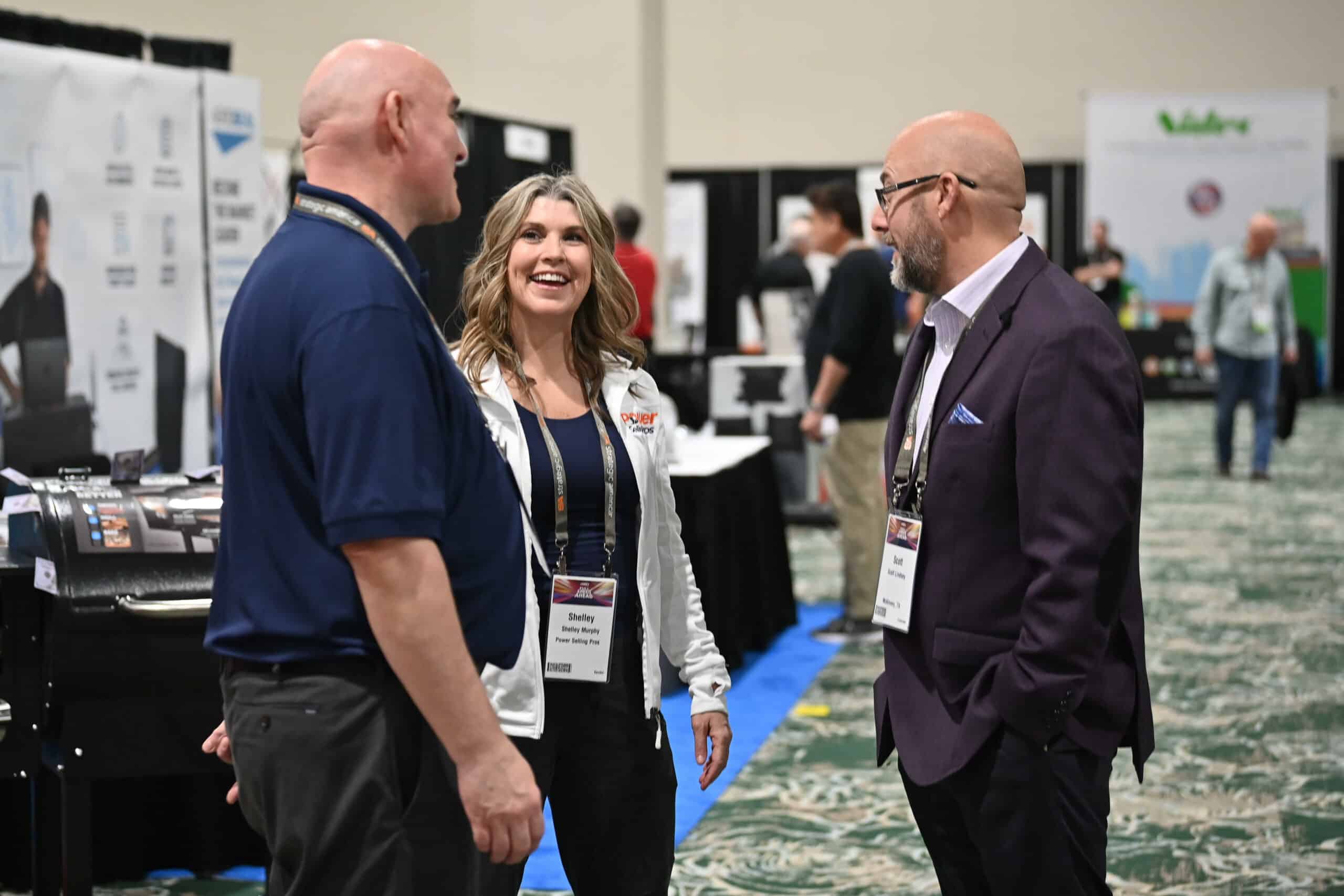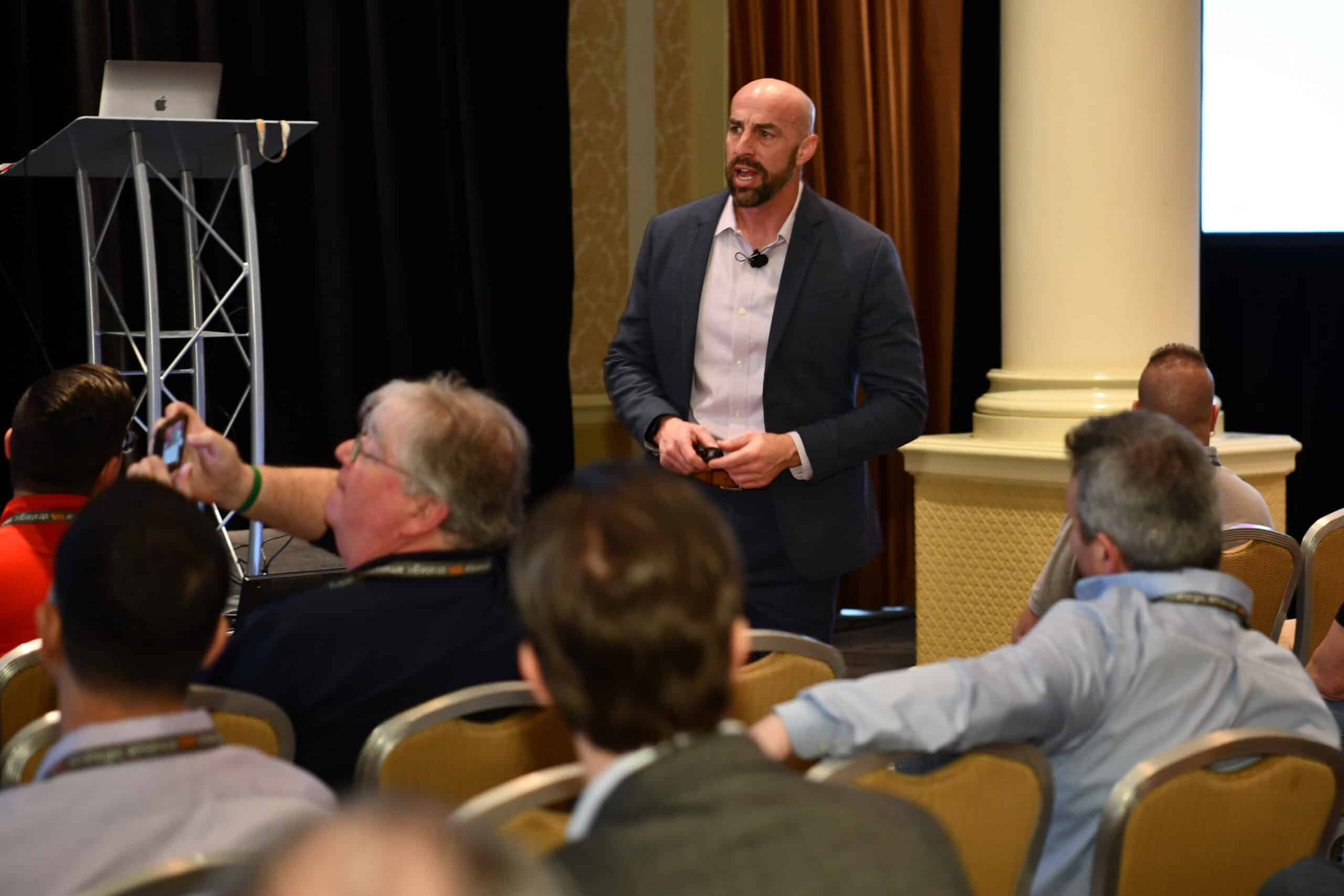Many years ago, a prominent author told a story about taking his son’s driver’s license away.
His son was 16, and newly able to drive. The father told his son, “If you get pulled over for speeding, your license will be taken away.”
The message was loud and clear. Yet, a few months in, the boy got pulled over. He was speeding and got a ticket.
He was sincerely sorry and apologized profusely to his parents. After seeing his remorse, his parents felt merciful toward him. After reasoning amongst themselves, the parents felt he should keep his license. The father then remembered something that would effect his relationship with his son forever, if the boy keeps his license, he would be going back on his word. The father knew that going back on his word would damage his son’s trust in him.
Allowing the boy to keep his license would reward him short term. However, by not keeping his word to his son, the father would plant a see of mistrust. The boy would lose trust in his dad’s ability to follow through on even the smallest of promises.
The father kept his word.
He took the boy’s license which was difficult. However, The father was able to raise a stalwart young man by winning little moments of trust.
The biggest killer of trust is not the epic and dramatic betrayals portrayed on TV. It’s not failing to live up to grandiose promises (oftentimes, people don’t believe our biggest promises anyway… we have to start small). No…
The biggest killer of trust is the small and seemingly insignificant moments where we feel tempted to go back on our word.
Don’t get me wrong –
Giving people the benefit of the doubt is good. Where people lose trust is when a promise is made and then taken back when the opportunity arises.
In the Home Services Industry, we see a lot of companies lose the trust of their employees by the way they train them. Company’s pay thousands of dollars for these grand and glorious training expeditions, but don’t invest in any long-term coaching and habit changes.
As a consequence to this:
People take copious notes only to let those notes collect dust.
Employees begin to associate training with a negative thing or feel it is a consequence.
Owners and Managers tend to lose trust from their employees when they follow up sporadically. Walking around the office peeking over people’s shoulders, pretending to “stop by” and check in. Proper training is scheduled and intentional, not sporadic and inconsistent.
EVERYONE RECEIVES TRAINING. PERIOD. THE BEST AND THE WORST OF US.
Have you found yourself in a similar situation as the one I just described, having no real plan for training and coaching for your team? Let us help.
We’ve spent 13 years developing a repeatable and trustworthy training process for your Customer Service Department.
We’ll help you earn their trust.



